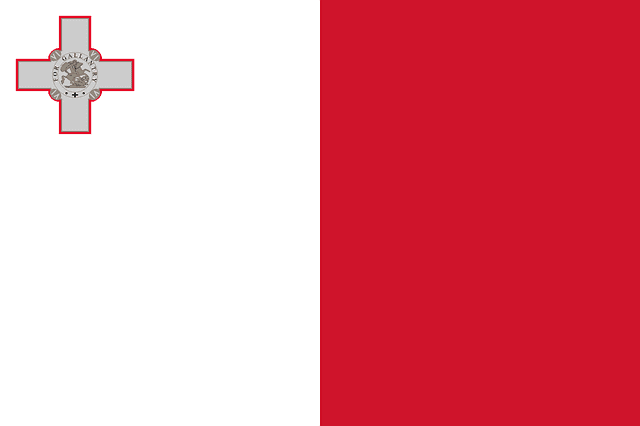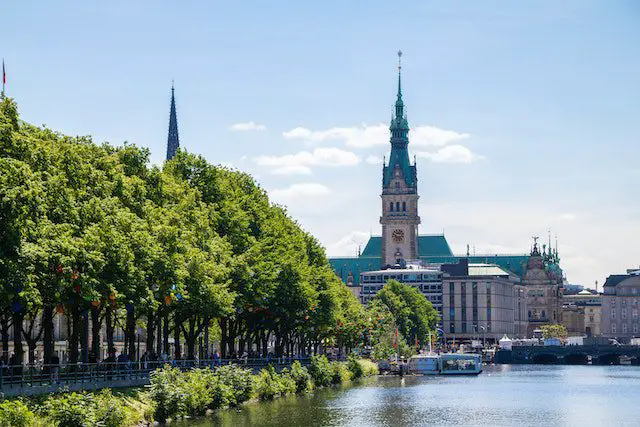Question:
My daughter Salome Zimatha Banda wants to study medicine at Malta International university or any other medical university. How can she get scholarship since she is under privileged and our country Malawi is the poorest on the list. We hardly get tuition fee for university studies?
Answer:
It’s wonderful that your daughter, Salome, has aspirations to study medicine, and I understand the challenge you're facing with funding her education. While medical programs can be expensive, there are scholarship opportunities specifically for students from developing countries like Malawi. Here’s how Salome can increase her chances of receiving a scholarship for studying medicine at Malta International University or other medical universities:
1. Look for University-Specific Scholarships:
Many universities, including Malta International University and others, offer scholarships or financial aid to international students, particularly those from underprivileged backgrounds. Here are steps Salome can follow:
- Check Malta International University’s Website: Look for scholarships or financial aid options available for international students. They may offer merit-based or need-based scholarships.
- Other Medical Universities: Investigate other universities that offer medical programs. Some universities provide scholarships specifically for students from low-income backgrounds or certain countries. Popular medical universities with scholarships for international students include:
- University of Medicine, Hungary
- University of Belgrade, Serbia
- University of Cairo, Egypt
- Kyiv Medical University, Ukraine
- American University of the Caribbean (Offers financial assistance)
2. Apply for Government or International Scholarships:
Several organizations and governments offer fully funded or partial scholarships to students from countries like Malawi. Some scholarships to look into include:
- The Mandela Washington Fellowship: A program for African students which offers opportunities for leadership and education in various fields, including medicine.
- The World Bank Scholarships Program: Offers financial aid for students from developing countries to pursue higher education, including medicine.
- Chevening Scholarships: Funded by the UK government, Chevening provides opportunities for international students to study in the UK. While this program is more focused on non-medical fields, they occasionally have collaborations for health-related studies.
- The Mastercard Foundation Scholars Program: This program offers full scholarships for undergraduate and graduate studies at partner universities, with a special focus on African students.
- The Joint Japan/World Bank Graduate Scholarship Program: Offers scholarships for students pursuing a graduate program in areas that include health and medicine.
- Commonwealth Scholarships: The UK offers several scholarships to students from developing countries, including Malawi. These scholarships could cover tuition and living expenses.
- United Nations Scholarships: There are various UN-funded scholarships for students pursuing healthcare studies from underprivileged backgrounds.
3. Research African Scholarships:
- The African Medical Student Association (AMSA): AMSA offers some scholarships and resources to African students pursuing medical degrees.
- The African Development Bank (AfDB): AfDB offers scholarships for African students pursuing studies in various fields, including medicine.
4. Apply for Financial Aid for Medical Programs:
Many medical schools have financial aid options for students with demonstrated financial need. While applying to medical schools, Salome can:
- Fill out the financial aid applications if available.
- Provide information on her financial background to be considered for need-based aid.
- Seek support or grants from medical organizations or foundations that support students from Africa.
5. Crowdfunding and Sponsorships:
Sometimes, the community, family, or local organizations may provide funding or sponsorships. Here are a few ways to explore this:
- Crowdfunding Platforms: Platforms like GoFundMe, Fundly, and others allow individuals to raise funds for education.
- Local NGO Support: There may be NGOs in Malawi that provide financial assistance or sponsorships for students pursuing higher education abroad, especially in fields like medicine.
6. Consider Medical Schools with Lower Tuition Fees:
While many top-tier medical schools are expensive, there are schools in countries with lower living costs or lower tuition fees. Some universities offering affordable medical programs for international students include:
- Eastern European Universities (e.g., Hungary, Poland, Bulgaria)
- Russian Medical Universities: Many offer quality education with low tuition fees and affordable living costs.
- Indian Medical Universities: Some medical universities in India offer affordable tuition fees and scholarships for international students.
7. Prepare for the Application Process:
- Strong Application Package: Salome should ensure that her application stands out. This includes a strong personal statement, letters of recommendation, and any relevant volunteer or healthcare-related experience she has had.
- Entrance Exams: Some universities require standardized exams or entrance exams. It’s important to research and prepare for these tests.
- Documenting Financial Need: For need-based scholarships, provide proof of financial hardship, which could include income statements or letters from local authorities.
8. Seek Advice from Educational Consultants:
- Sometimes, educational consultants or organizations dedicated to supporting African students can provide specific guidance on how to navigate the scholarship application process. These consultants often know of scholarships not widely advertised.
Conclusion:
While the path to a fully funded scholarship can be competitive, Salome can significantly increase her chances by exploring multiple funding sources, including university-specific scholarships, government and international scholarship programs, and even crowdfunding. It's important for her to start early and be persistent in seeking opportunities.
If you need specific links or further details on how to apply to any of these programs, feel free to ask. I’m here to help!







